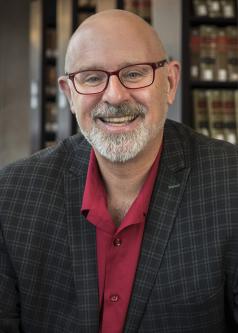—
Latham & Watkins LLP
355 South Grand Avenue, Conference Room 3F
Los Angeles, CA 90071
United States
—
Wilson Sonsini Goodrich & Rosati
650 Page Mill Road
Palo Alto, CA 94304
United States
—
Greene Espel PLLP
222 South Ninth Street, Suite 2200
Minneapolis, MN 55402
United States
—
Morgan, Lewis & Bockius LLP
1111 Pennsylvania Avenue, NW
Washington, DC 20004
United States
—
The University Club of Washington, DC
1135 16th Street NW
Washington, DC 20036
United States
Pagination
- Previous page
- Page 14
- Next page


